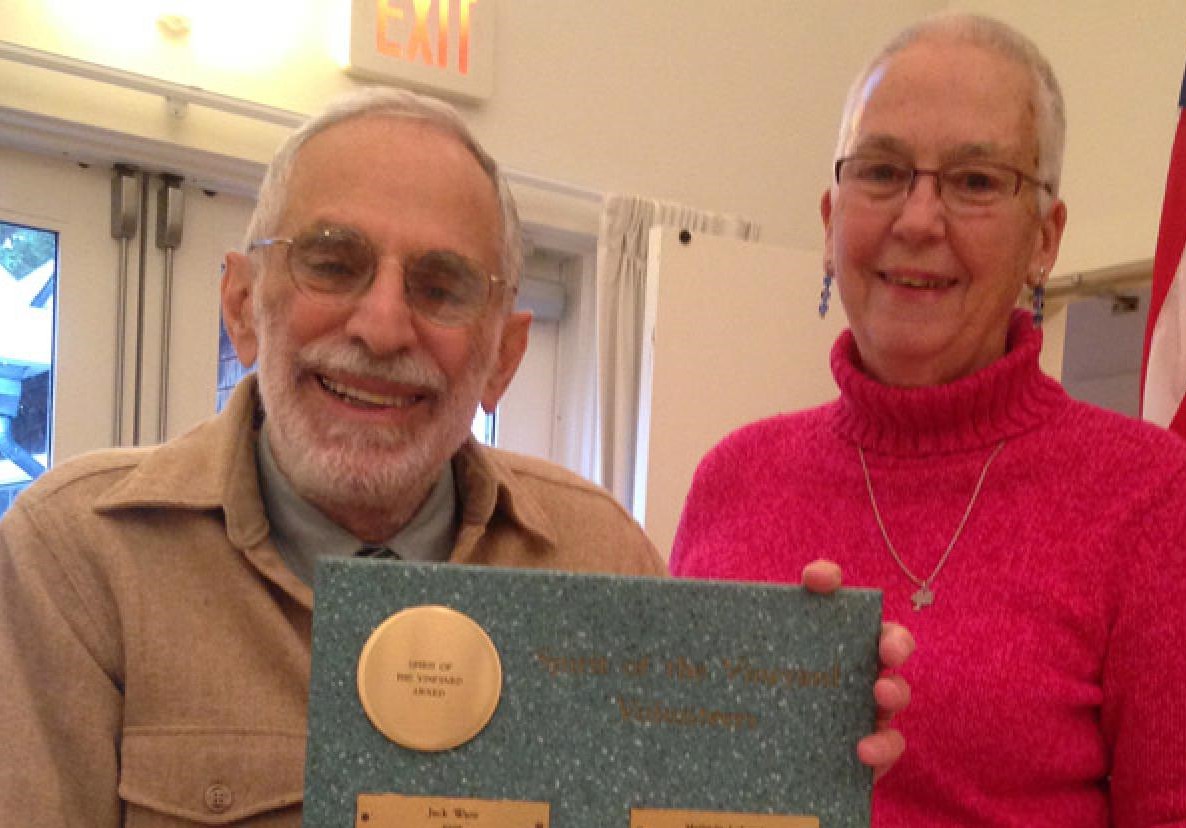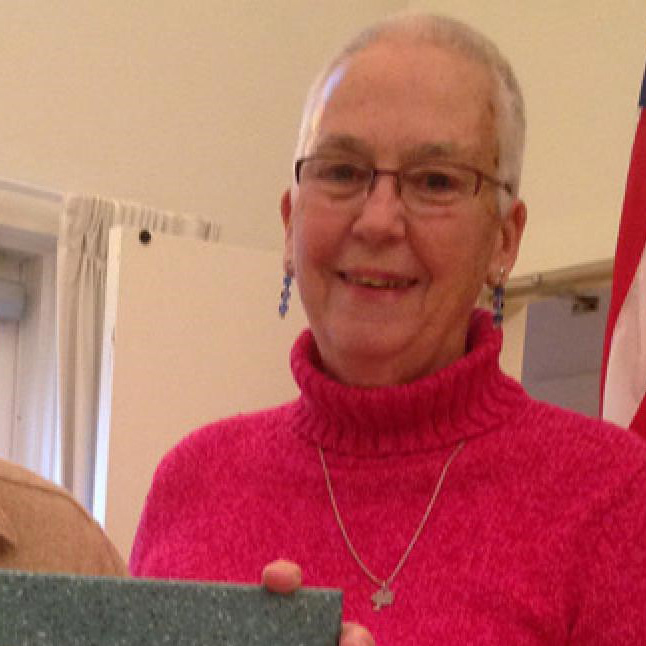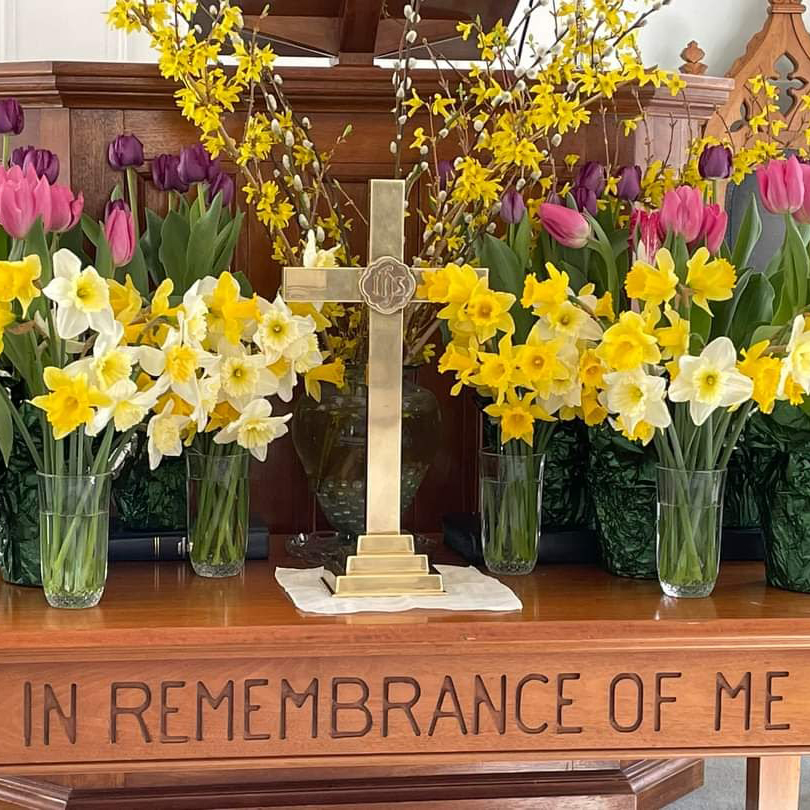Category: SERMONS, WORSHIP, MEDITATIONS
-

3 Sunday in Easter
Rev. Vicky Hanjian was our guest pastor and preached on John 21:1-17. It was an inspiring sermon..see below. Breakfast on the Beach John 21:1-17 Chilmark May 4, 2025 Vicky Hanjian There had been a terrible breach of the friendship between Peter and Jesus. At a point when Peter might have shown incredible courage by affirming…
-

February 23, 2025 Sermon by Vicky Hanjian, The View From Mt. Nebo 2
Guest Minister Vicky Hanjian’s preaches for the church on the Sunday between Charlotte’s move and Janet’s arrival.
-

The Blessing of the Fleet, 2024
The community and church members gathered this morning for the Blessing of the Fleet in Menemsha, Ma. As the service progressed, serenaded by the lovely vocals of Molly Conole and Mark Alan Lovewell, the clouds gently cleared. The sun broke through just as flowers were offered with prayers to the sea. After the service, while…
-

Vicky Hanjian’s Sermon April 14, 2024
“A Recognition Event”Chilmark ChurchApril 14, 2024Hosea 6:1-3Luke 24:36 – 49 We pick up the Easter story just after the folks who met Jesus on the road to Emmaus have shared their “heart-burning” experience of recognizing Jesus in the sharing of bread. The word “recognize” is interesting: to know someone or something because you have seen…
-

Christ is Risen, He is Risen Indeed! Join us for Holy Week
Worship with us, either in person or Zoom, on Palm Sunday March 24th 9am led by Rev. Dr. Wright with special music by Sean McMahon and Violet Southwick. Easter Sunday March 31st 9am. Led by Rev. Dr. Charlotte Wright and Sean McMahon, Music Minister. Easter Egg Hunt and Coffee Hour Reception for all ages following Easter worship at 10am…
-
April 16 Lay Led Service
Remarks by Marie Wise Doubting Didymus Based on John 20:19-31 Last week we celebrated Easter or the resurrec<on of Christ. We heard that Mary Magdalene was the first witness of our risen savior. She was not looking for that though. She had gone to the tomb to tend to Jesus’ dead body. Mary was alarmed…
-
Lay member’s lesson for Jan 15 reading. Marie Wise touched our minds and hearts.
Baptism Dear Lord, I pray that the words I am about to give are the words you want your people to hear. I believe that each time I got confused about the message, you brought me back to the path. Please bless all attended here and may the find the message useful to their own…
-
May. 1, 2022
Welcome Good morning and welcome whether this is your first time worshipping with us or whether you have been part of this worshiping community all your life. We are all brothers and sisters and part of the same family of God. It is a blessing to be together. We lift up to God all those…
-
April 24, 2022